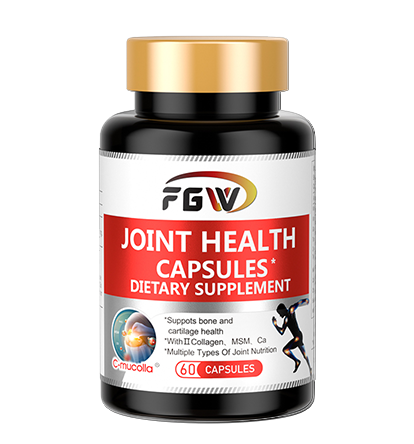
$22.90

$22.90
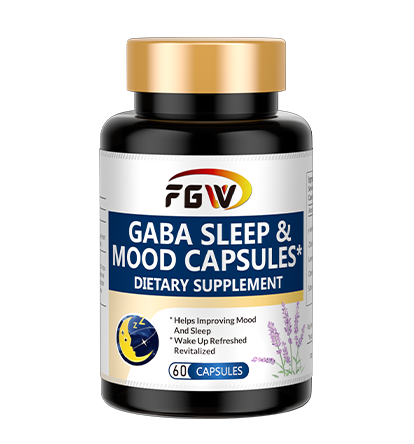
$22.90
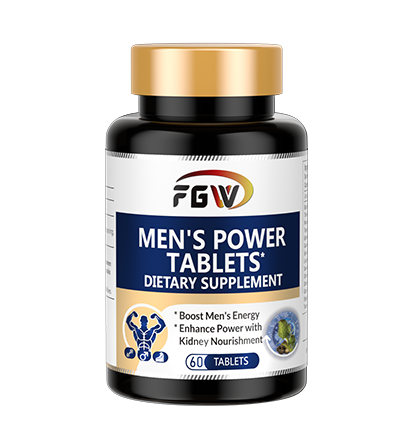
$26.90
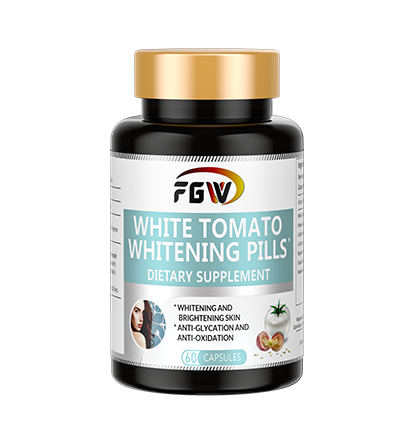
$26.90
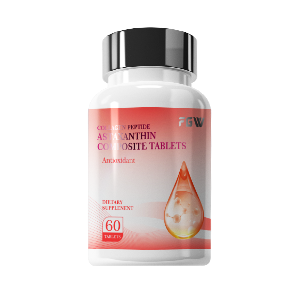
$27.70
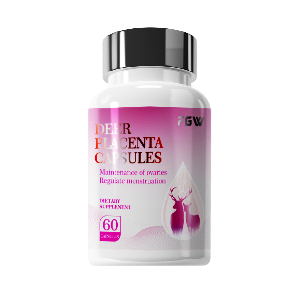
$68.95

$23.28

$18.86
Dietary supplements have gradually become a part of our daily life, filling the nutritional gaps that may be lacking in our daily diet.
What is a dietary supplement?
According to the U.S. Food and Drug Administration (FDA), a dietary supplement is a product containing vitamins, minerals, herbs, amino acids and enzymes. They appear in the form of tablets, capsules, soft gels, gel capsules, powders and liquids. Supplements are not meant to replace complete meals. As their name suggests, supplements are meant to "supplement" a healthy diet. They provide nutrients and other ingredients made from food sources or synthetically.
There are many kinds of dietary supplements in the market. Only by choosing the one that suits you can the best effect of nutrients be exerted. So, how to choose dietary supplements?
Multivitamin: people with irregular diet, most pregnant women and the elderly, and some children. Multi-vitamins contain a variety of vitamins and minerals, and are suitable for four groups of people: First, those who have irregular diet due to their working and living habits. It is difficult for these people to take enough vitamins through diet. It is suggested to change their eating habits first. If it is difficult to do so, multivitamins can also be used for supplement. Second, pregnant women, although many pregnant women have a normal diet, due to the increased demand for nutrients in the second and third trimesters, it is also recommended to supplement them according to the doctor's advice. Third is the aging people, with the increase of age, the functions of various organs of the body will decline, so it is necessary to supplement vitamins appropriately. Fourth, children tend to be picky eaters, which leads to unbalanced intake of nutrients. They can properly supplement multivitamins during picky eaters.
Calcium: Adolescents, menopausal women, pregnant women and osteoporosis patients. Teenagers are in the stage of bone development and need calcium supplementation. In addition to the growth period, women need more nutrition in the second and third trimester of pregnancy, and calcium loss is easy to occur during menopause. Calcium supplementation should be paid attention to in these three stages. Some patients with osteoporosis have serious calcium deficiency, which can be supplemented according to doctor's advice. If these people drink less than 1 kg of milk a day, they can supplement calcium tablets in an appropriate amount.
Fish oil: pregnant women, lactating women and those with high blood lipids. Fish oil is rich in polyunsaturated fatty acids, which is helpful to control blood lipids and cholesterol. Those with higher blood lipids can take it in moderation. In addition, pregnant and lactating women can also choose under the guidance of a doctor.
Antioxidants such as lycopene: lycopene, grape seeds and other ingredients in food have certain antioxidant effects. Studies have proved that eating more tomatoes can protect men's prostate function. If dietary supplements are needed to achieve similar purposes, it is recommended to consult a doctor or dietitian.
Protein powder: People who eat less meat, egg and milk in their diet. Healthy people can generally get enough protein through diet. People who usually eat less meat, eggs and milk can take protein powder in moderation under the guidance of doctors.
Warm Tip: Dietary supplements are not drugs, and they can't take the place of drugs to treat diseases. It is not recommended that patients who need long-term medication, such as patients with chronic diseases, take multiple supplements at the same time, so as to prevent conflicts with the drugs they are taking.

扫一扫关注公众号